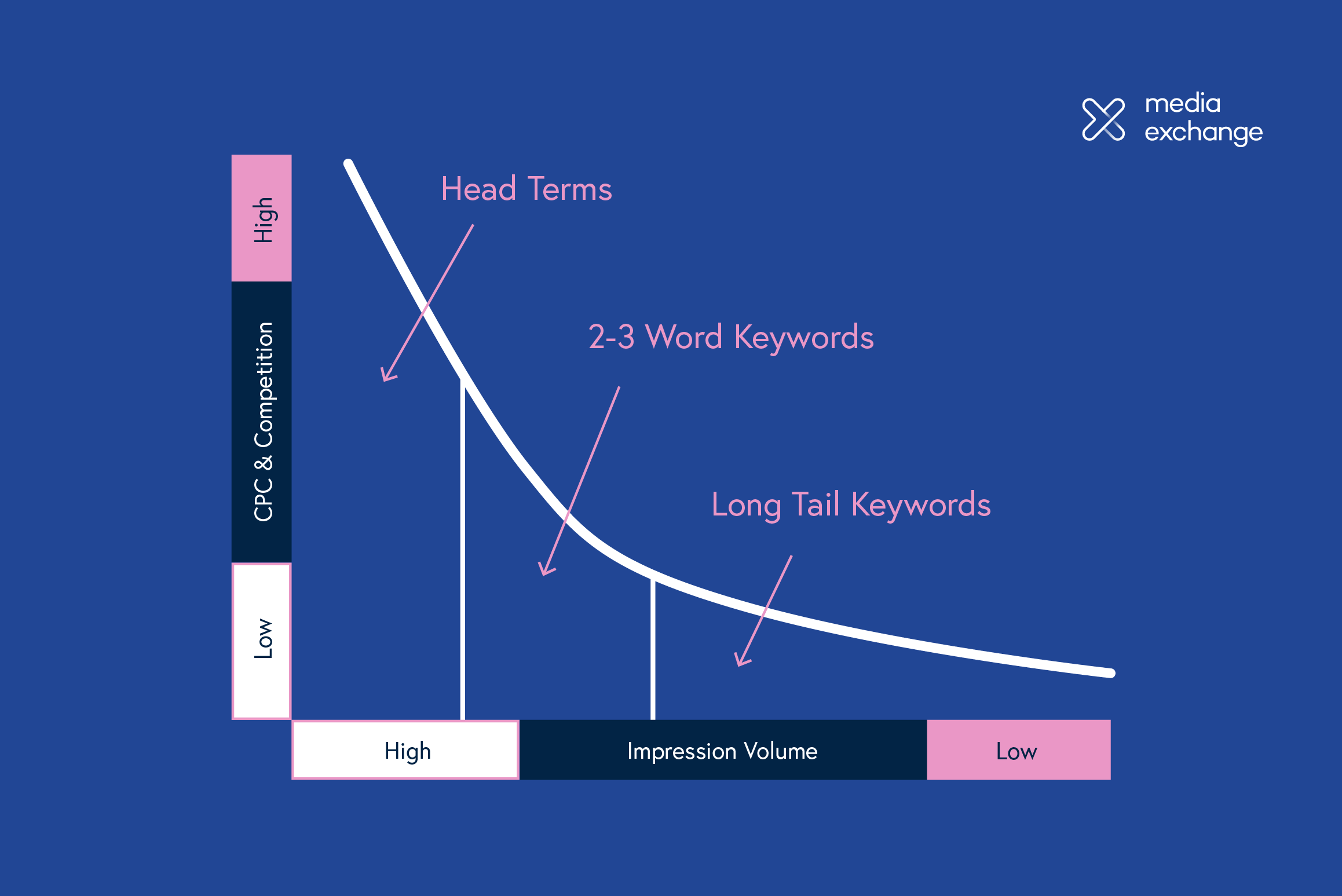Make More Dough With SEO: Creative Ways To Grow Your Business in 2023
The year is 2023 and you’re looking to grow your business. You’ve tried scoping what your competitors are doing, but you just can’t match their prices. You’ve gone to Google, but every article you read says you should be more creative and start a TikTok account.
Just like everyone else — how creative.
You scratch your head. You’re at the end of the road. You know that you can’t keep doing the same thing, so you look to entrepreneurship books for inspiration, but all of them say you need a small loan of a million dollars to get the ball rolling. We all know that isn’t happening.
Cue long tail and lost keywords.
Hold up. Did this guy just make a motivational entrepreneurship post about SEO?
He did.
What are long tail keywords?
First things first, what is a keyword? If you know, don’t bother here, but if you want to get a better idea, keep bothering.
A keyword is a search term or phrase that is used in Google, like “coffee” or “I want it that way (Peralta’s version)”. These keywords deliver results related to the term in the form of websites; It’s not magic that delivers traffic to your site — it’s keywords. The magic is in knowing how to use them.
Keywords are categorised by a few things, but the main thing is search volume. Keywords with a high search volume are referred to as ‘seed keywords,’ and keywords with lower search volumes are known as ‘long tail keywords.’
Seed keywords are more general, so they are often harder to rank for. These are keywords that are integral to your business. For example, a coffee roaster would have the keywords ‘single origin’ or ‘coffee blends’ somewhere on their website.
In contrast to the broadness of seed keywords, long tail keywords are more specific and particular in nature, which typically makes them a little easier to rank for. For example, where your seed is ‘coffee roaster’, a long tail might be ‘best coffee roaster in South Melbourne’.
While these keywords generate fewer searches than seeds, they represent a unique opportunity to reach the right audience and differentiate yourself from competitors.
Using long tail keywords
The specificity in long tail keywords makes them less popular in terms of overall volume, but it should make them important targets for your organic search campaign.
Seed keywords are still important — they form the basis of every other keyword you can search. But while the seed might technically be responsible for the fruit a tree produces, you still have to pick one from a particular branch to eat it.
Think of it this way: someone searching ‘coffee roaster’ is probably going to be overwhelmed by a ridiculous amount of information, because Google doesn’t know exactly what they want. Do they want to find a cafe nearby? Do they want something to buy online? Are they trying to find out what a coffee roaster is?
That’s when they start getting more specific with their searches: ‘what does a coffee roaster do’, or ‘best coffee roaster in south melbourne’. And Google will sift through all of the options, discard the dregs, and leave users with a list of specific, satisfying returns. And if they’ve been bothered enough to search with such particularity, they’re more likely to be seeking an immediate solution.
And if you’ve optimised your site, that’s where they’ll find you.
What are lost keywords?
Unfortunately, you won’t retain every single keyword that you’ve ever ranked for, but that’s ok: lost keywords can be just as useful for your business as the ones you have.
Am I saying that you need to lose keywords to find growth opportunities? Thankfully no, that’s not what I’m saying.
Buckle up though, this might get a little spooky.
Did you know that you are probably ranking for keywords you didn’t know about? Google’s index focuses on matching search queries with the most relevant information from websites in its index. Because of this, you might begin ranking for search queries about products or services you don’t offer simply because Google deems your business as relevant enough. Likely not anywhere near the top search results, but it’s still something.
Is it a good or bad thing? I almost feel like it’s a cheat code. Here’s why.
Using lost keywords
If you don’t actually offer the service, you won’t ever rank highly enough to receive traffic for the keyword. If you ever do start to rank well, you won’t be there for long enough anyway, so it’s no skin off your back. However, if you are privy to what those lost keywords are, you can get a better idea of what you could — and maybe should — be offering.
This does (in some ways) hinge on how well your current website is optimised, so before you go looking for opportunities, make sure your website is in Google’s good books and you might be on the money.
After that though, try and find out which keywords you have ranked for and lost. This is a list of what Google thinks your business is relevant for, and could identify gaps in your business plan that you might be able to fill with new products or service offerings. You don’t have to, but remember: if you’re ranking for a keyword, that means people are using it. And if people are using it, it’s an opportunity for your business to fill their need.
What’s the deal?
The equation might not pass in a high school maths test, but effectively: long tail keywords + (-) lost keywords = positive returns. That’s the deal. Taking the time to find out how people are finding your business and what they want to see will help you identify opportunities and grow your business.














